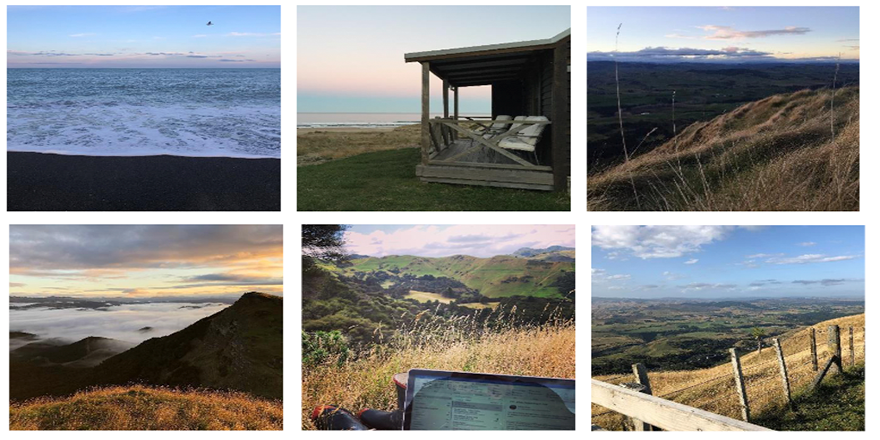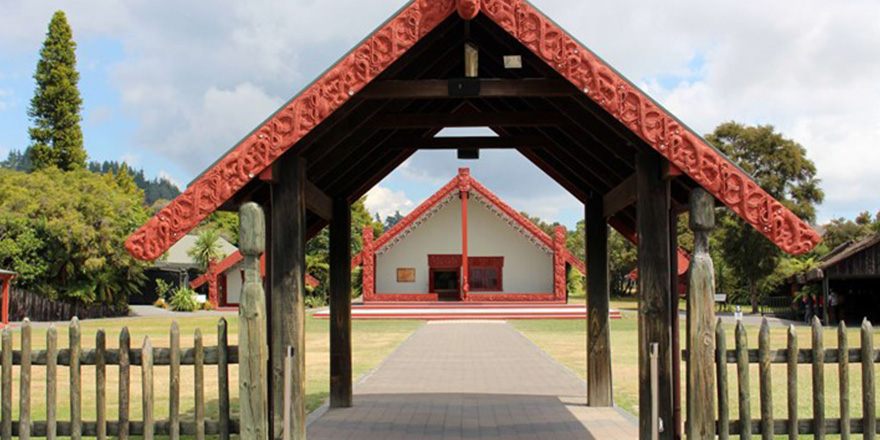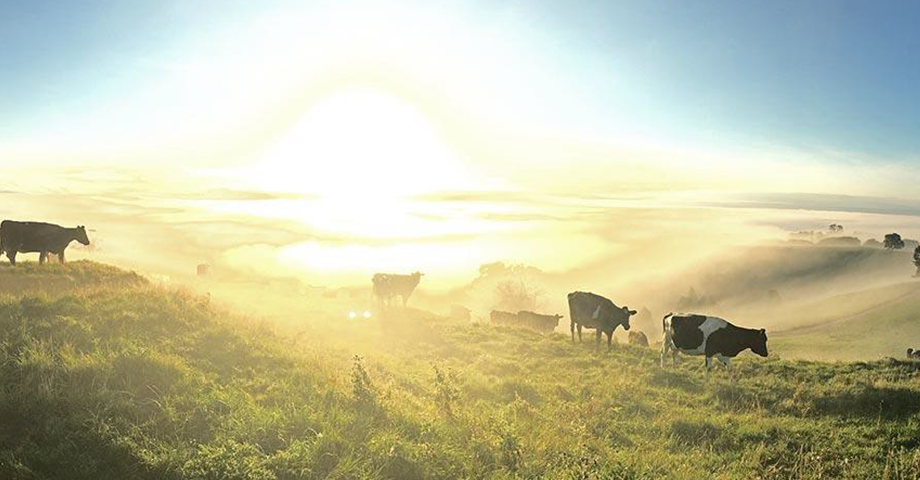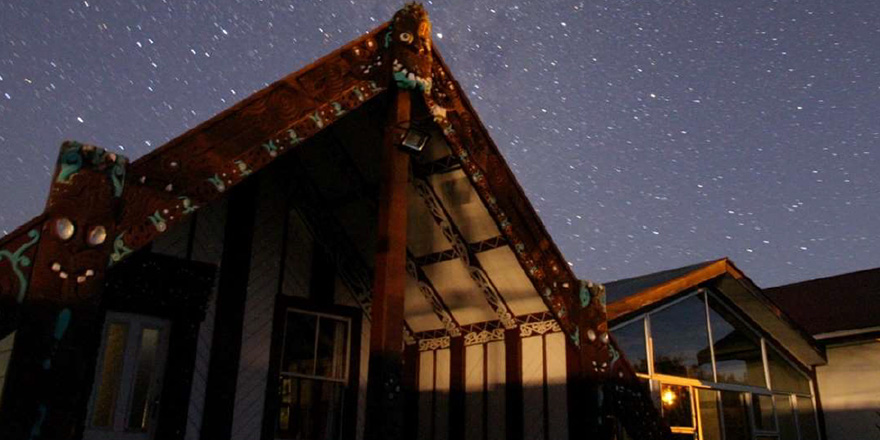
Executive Summary
2020 – a year most of us will never forget – a year of reflection of what truly matters. Our narrative for so long in New Zealand has been about protecting the environment and our beautiful natural assets. But with the onset of COVID-19 we saw the narrative shift and our primary focus became people – people’s health, well-being, and livelihoods. We became a ‘team of 5 million’ and previous perceptions of urban and rural divides became non-existent as growers, farmers, and producers were the ‘essential services’ that got us through.
The below Māori proverb perfectly encapsulates this people-centric view that resonates with me so strongly:
“HE AHA TE MEA NUI RAWA?
HE TĀNGATA, HE TĀNGATA, HE TĀNGATA.
WHAT IS THE GREATEST THING?
IT IS PEOPLE, PEOPLE, PEOPLE.”
The following research question was subsequently developed: what is the social impact of changing land use in the Hawke’s Bay region?
The objective of the research is to provide another layer of insight and use this as a platform for further collaboration and conversation – understanding the social impacts (real and perceived) of contrasting primary sector investment in rural Hawke’s Bay – comparing sheep and beef, horticulture, dairy and forestry.
Hawke’s Bay is a place of diverse geographies, climate, people, and culture. Qualitative research was undertaken to bring the voice of the people to this report. A wide cross-section of pan sector viewpoints were interviewed inclusive of iwi, corporate, regional/local government, industry bodies and farmers.
Three key themes emerged from the interviews and thematic anlaysis regarding the social impact of changing land use:
- Employment and trainng opporutnities
- Values and perceptions of changing land use
- Māori communities and post settlement land use
It is projected that from 2020 to 2050 Hawke’s Bay will have a 66.8 percent increase in forestry and 35.8 percent increase in horticulture. These are significant shifts and there is a responsibility on farmers, investors, industry leaders and government bodies to collaborate to ensure positive social outcomes.
The following report provides diverse insights coupled with recommendations to enable positive social outcomes in the region. The future is exciting and there is no one single answer. However, we must think holistically to deliver a positive triple bottom line – social, environmental and economic outcomes to sustain for generations to come.
Download and read the full report here




